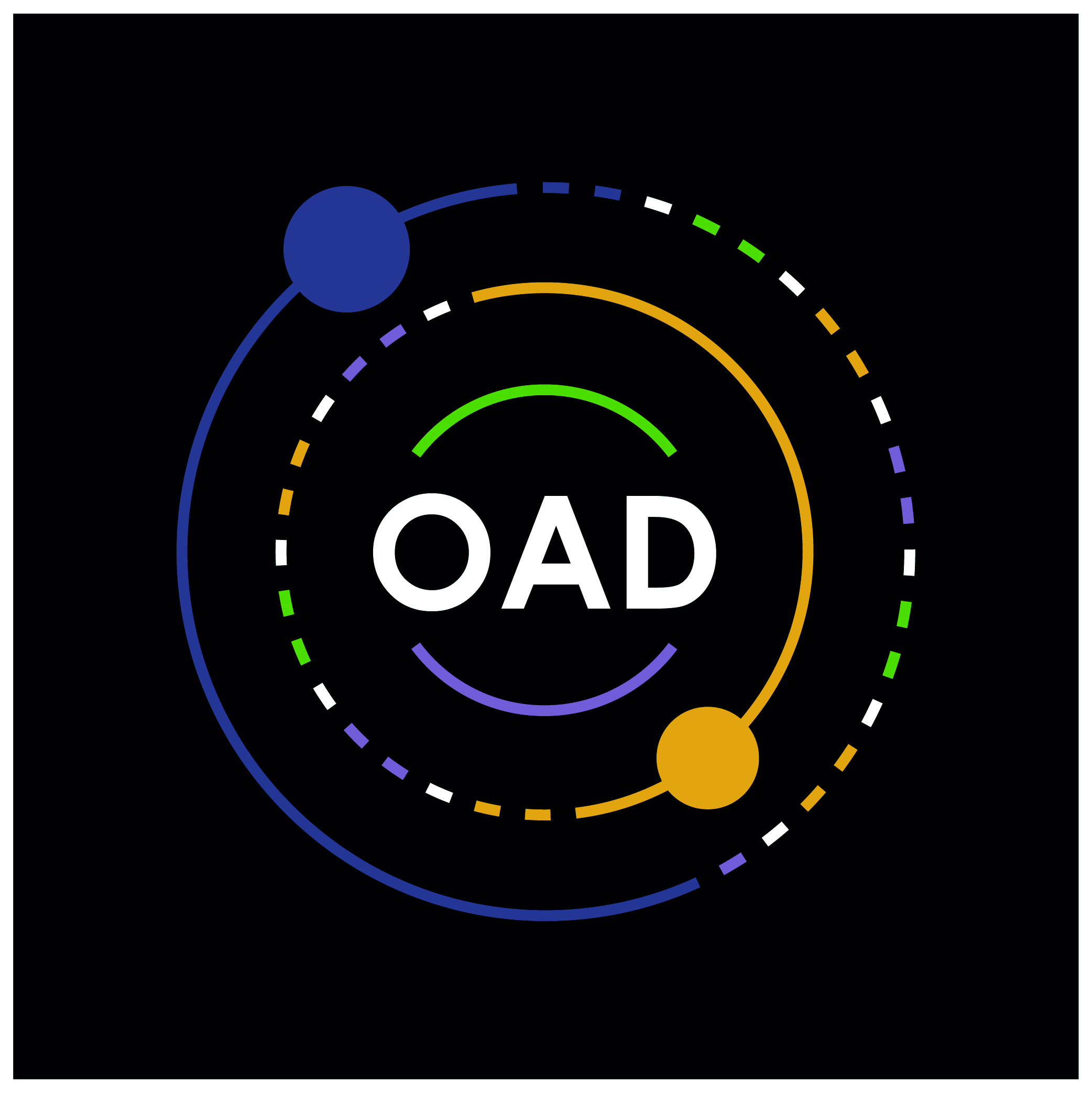This project aims at co-producing scientific knowledge in collaboration between astronomers and artists/educators living in the PPG, for children, teenagers and young adults of the community. We will work in close collaboration with the social project ‘Ninho das Águias’, where classes and night sky observations will be held. Favelas in RJ state are often located on hills, which served as refuge for enslaved people – after the abolition of slavery (1888) – and immigrants, who worked for downtown citizens. The Law of lands (1850) prevented unoccupied lands to be owned through labour and provided government subsidies for the arrival of foreign settlers to be hired in the country, further devaluing the work of black men and women (Terceiro 2020). As a result, favelas today are mostly composed of a black population, surviving decades of persecutions and low incomes while defending, preserving and creating a unique culture rooted in African origins that reverberates into music and the arts. Children in favelas, due to social and economical inequality and racial discrimination, have less possibility of personal development and professional realization. They attend public schools where in 2021, according to SAEB (gov.br), students do not reach a satisfactory level in Portuguese language (69%) and math (95%). They hardly have access to after-school courses and do not tend to see themselves represented in the academic community. This produces a disadvantage in access to higher education and consequently in opportunities for decent employment. Offering extracurricular courses and cultural experiences to students in the PPG, we wish to enrich their school curriculum and strengthen the chance they wish to stay in education after secondary school. A key element of the courses is providing positive role models of scientists from Afrodescendant backgrounds, reinforced by the presence of local artists and educators, thus endorsing their role within the academic community. The project also creates decent work opportunities for local artists and educators, who will offer workshops rooted in favela culture, while at the same time creating novel, decolonial courseware based on contextualized science, i.e materials that use the context of marginalized societies as examples where we can understand, learn and make science. The material developed within the project will be shared as Open Educational Resources. Moreover, new work opportunities arise as 5 among the oldest students will be trained as astroguides, in collaboration with AstroNera. Their training will benefit from visits and courses at the local Planetarium and Museum of Astronomy. The activity of certified astroguides from the favela, promoting cultural astronomy, love for the dark skies and science, on Rio’s iconic Arpoador stone (among other places), where generally people of the favela grant their living selling food and souvenirs, will be a small but significant step toward building a more just tomorrow.


